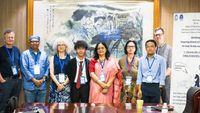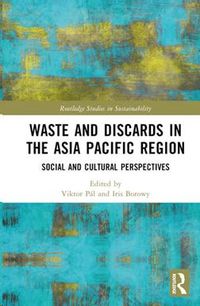Welcome to the Center for the History of Global Development
The Center for the History of Global Development is a research focus established at the College of Liberal Arts at Shanghai University. Through conferences, workshops, publications and discussion panels, the Center seeks to contribute to interdisciplinary scholarly debates on the repercussions of “development” as a phenomenon which has shaped much of recent global history while remaining conceptually vague or contradictory.
"Development," in its most basic form, is understood as the idea that socio-economic conditions would and should improve and that specific policies should be employed to bring about such improvements. Beyond this core, development has been a highly contested concept, whose constructed character has repeatedly been emphasized. Critics point to international structures created in the name of “development” which have often reflected power inequalities and served the interests of those that put them in place. They also call attention to the continuing enormous economic inequalities between people in different parts of the world despite - or because of? - Decades of "development" efforts allegedly designed to mitigate such disparity. Meanwhile, other scholars identify perceived successes of "development," measured in social indicators such as life expectancy, falling infant mortality, gender equality or literacy, which contradicts a simplistic notion of continued failure.
These differences of perspectives are compounded by the fact that interpretations of what exactly constitutes “development” abound. A Western concept of modernization usually entailed a combination of mechanization, urbanization, secularization, a shift towards individualism, a growing provision with material goods and life at an accelerating pace. But the perceived shortcomings of this approach have given rise to a series of alternative concepts, including the basic needs approach, Amartya Sen's view of "development as freedom" or Herman Daly's insistence on "development" as a strictly qualitative notion, to be distinguished from economic growth.
This Center for the History of Global Development aims at addressing development in a comprehensive, multi-perspective manner. By engaging in projects that address various aspects of development from various angles, it tries to do justice to the ambivalent nature of a phenomenon which has been both so influential and elusive. It also seeks to contribute to a deeper understanding of the evolving and sometimes contradictory short- and long-term effects of different development strategies, questioning how the evaluation of outcomes changes with time but also with changing perspectives on who has been affected when and where.
For contact, please write to: historyglobaldevelopment@posteo.net
Social media links of the center:
Instagram: https://www.instagram.com/historyglobaldevelopment/
Telegram: https: // https: //t.me/historyglobaldevelopment
News:
Workshop: The Good, the Bad and the Joined
3-5 November, 2023
---------------------------
Iris Borowy, “How NATO Influenced International Governance in Hazardous Waste,” Journal of Contemporary History, (Oct 2023)). https://doi.org/10.1177/00220094231209191
https://journals.sagepub.com/eprint/EXPW2CNAAHAF2CF79SE7/full
-----------------------------
upcoming events:
At the moment, the Center is having a winter break. Please, check again for events during the spring.
Recent Publications:
Viktor Pál and Iris Borowy, eds., Cultural Perspectives on Waste in the Asia-Pacific Region. London: Routledge, 2023. ISBN 9781032366142
Zarkamol Munisov (Camille) & Iris Borowy, “A narrative analysis: tragic images of the Aral Sea in the Russophone ecopoems.” Central Asian Survey (Jan 2023). DOI: 10.1080/02634937.2022.2154315
-----------------------------------



